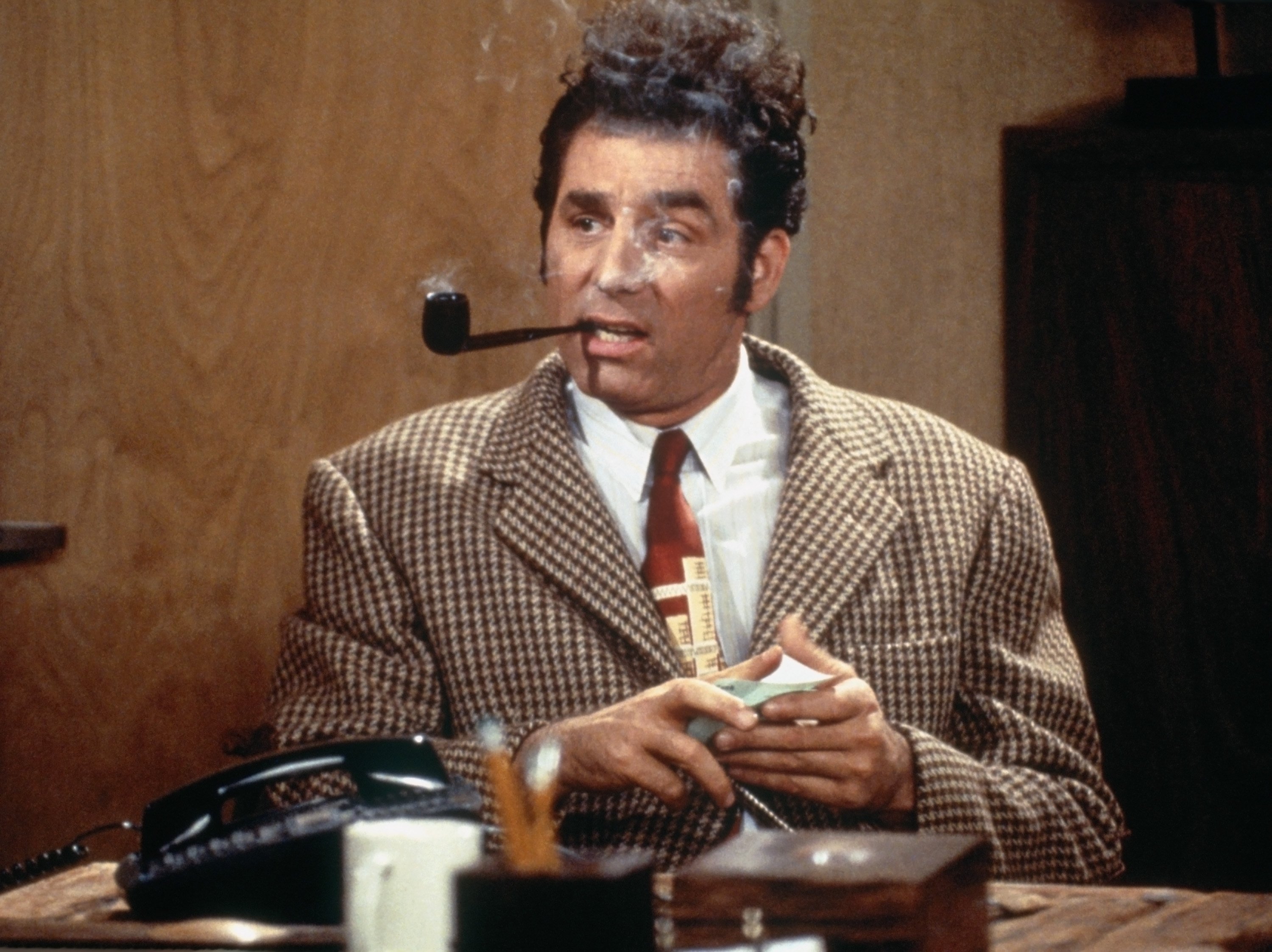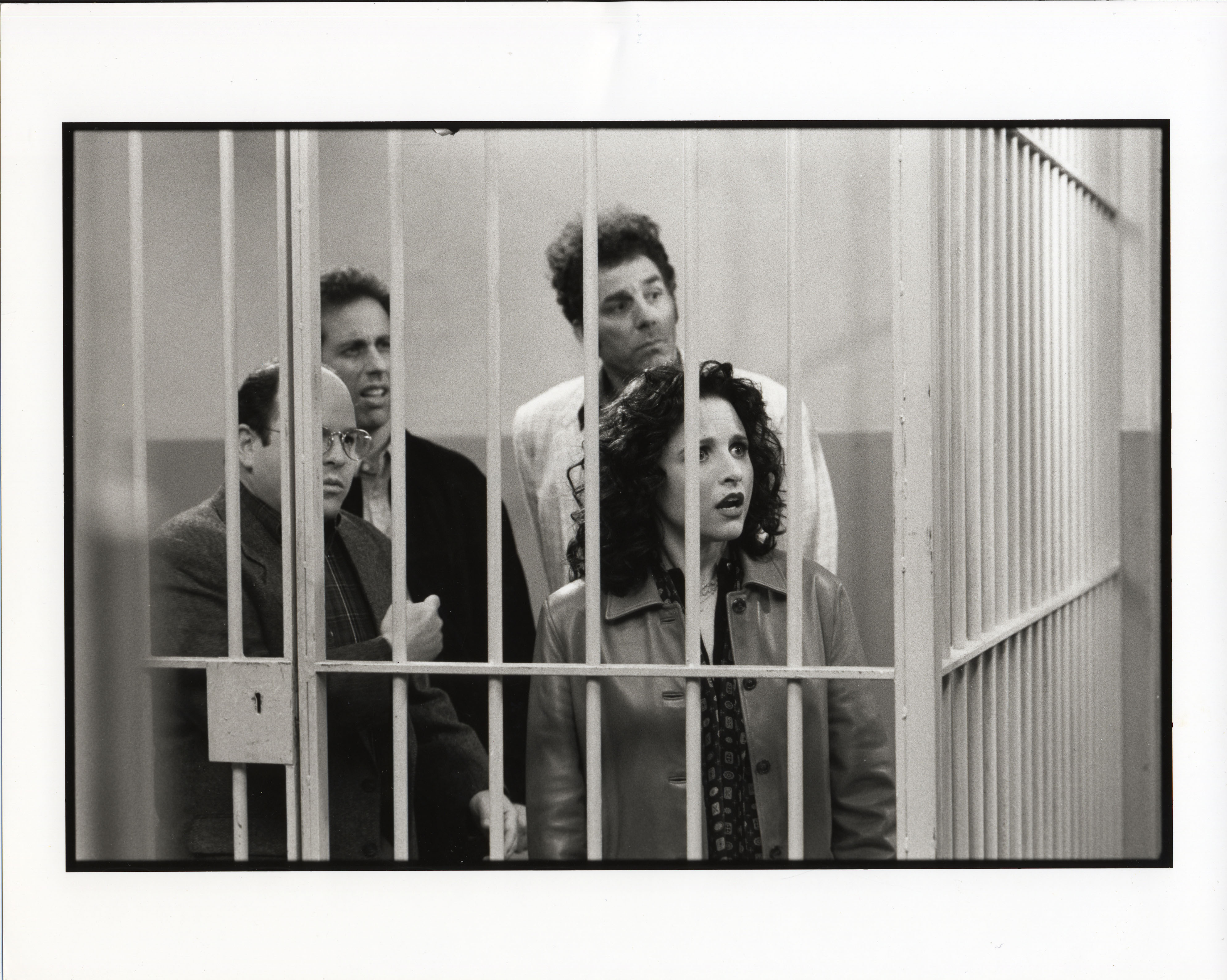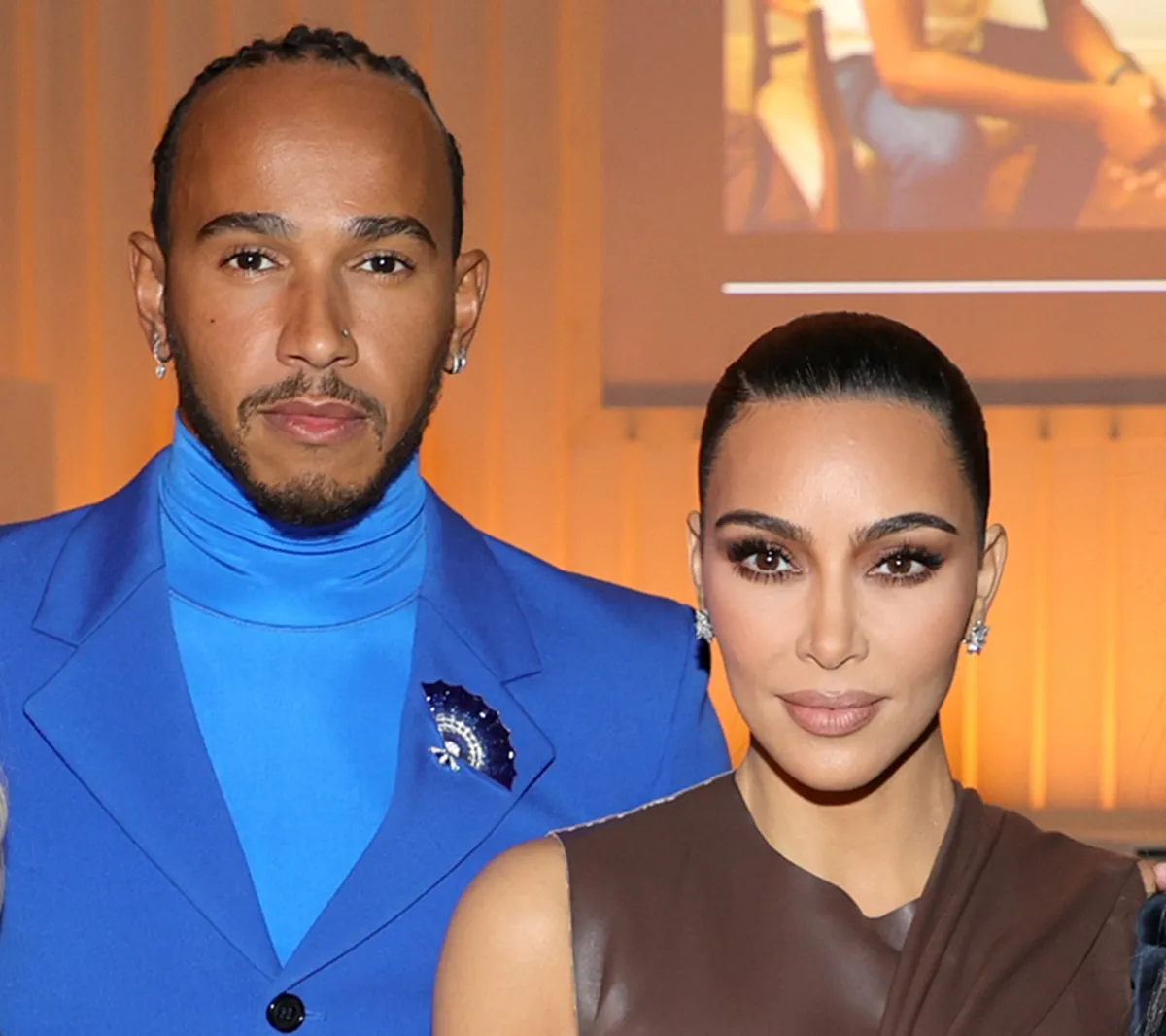‘Seinfeld’: 2 Storylines so Controversial That They Never Made It out of the Writer’s Room
Seinfeld ruled the NBC lineup from 1989 until 1998 when the screen finally went dark on the unique and somewhat complicated series. 1998 might not seem all that long ago, but it was. The finale aired more than 20 years ago, and times were different. Network censors were careful about what they allowed to air on most shows. Apparently, that wasn’t the case for Seinfeld. The show’s writers were given a lot of wiggle room. NBC’s censors let most storylines pass, even ones considered controversial then and even today. Because of the network’s hands-off approach, the show had some pretty controversial storylines. Two ideas, however, were too contentious to leave the writer’s room.
‘Seinfeld’ had several episodes about salad and food, but one idea didn’t make it out of the writing room
While NBC let a lot of controversial storylines go to air, they put their foot down over an episode that questioned a Black man’s food choices. Larry Charles, the writer of the episode, told author Dennis Bjorklund that the episode opened with George Costanza musing that he had never seen a Black man order a salad. The rest of the episode reportedly centered around race, although he didn’t detail the other elements of the episode. Bjorklund is the author of Seinfeld Reference.

The episode idea was nixed before it even made it out of the writing room. Charles wrote a ton of scripts for Seinfeld and went on to work as a director on Borat and The Dictator. Interestingly, Charles was also the author of the other lost episode that is most often discussed.
‘Seinfeld’ had a second episode that never made it to air
Charles came up with plenty of good ideas during his tenure on Seinfeld, but they can’t all be winners. Aside from the salad episode, Charles also penned an episode in which Elaine Benes considers buying a gun for protection. In the episode, Cosmo Kramer takes her to a man who may or may not be an illegal arms dealer. Reportedly, the cast and the episode’s director were unnerved by the content. A joke about president John F. Kennedy’s assassination pushed it over the edge, though. The cast and director told NBC executives they didn’t want to film the episode.
Screencrush discussed the episode with Charles back in 2014. He told the publication that the script was set to be the ninth episode of the show’s first season. The show’s fledgling status, the timing, and the public opinion around guns swayed the cast and the network to nix the episode entirely. Years later, Charles is still resolute in his thoughts on the topic. He believes there is a place for difficult subjects in comedy. He told Screencrush that he suspects the episode might have made it to air if it had been proposed later in the Seinfeld’s run.
The series did manage to air some highly controversial episodes
While two episodes never made it to air, the series did sneak by some highly controversial storylines. In season 3, Seinfeld caused controversy when it aired an episode entitled “The Limo.” In the episode, Jerry and George use a limo that was waiting to pick up a passenger Jerry saw kicked off his flight. The limo was intended for the leader of a neo-Nazi organization.

In season 9, the sitcom drew the ire of the Peurto Rican community. The show’s second to the last episode depicted Kramer stomping on a Peurto Rican flag. The episode also painted the community in a negative light. Throughout the series, Jerry and his pals made jokes at the expense of the LGBTQ community. NBC shows, in general, made controversial remarks about the community in the 1990s. Today’s TV viewers have similarly criticized Friends for homophobic content.


